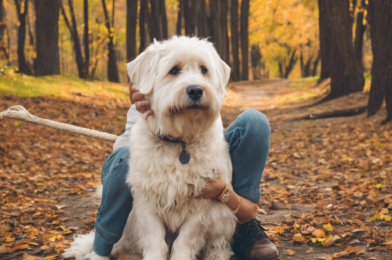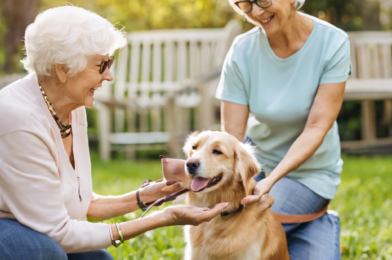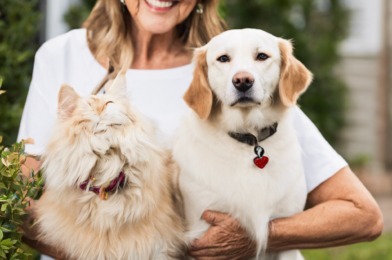Traveling with senior pets can be a rewarding experience, but it also requires careful planning and consideration to ensure the comfort and safety of our furry companions. As our pets age, they may have special needs and limitations that need to be taken into account when traveling. Here are some tips to help make traveling with senior pets a smooth and enjoyable experience for both you and your beloved animal.
First and foremost, it’s essential to consult with your veterinarian before embarking on any journey with your senior pet. Your vet can provide valuable advice on your pet’s health status, any necessary vaccinations, and medications that may be required during travel. They can also offer recommendations on how to make the trip more comfortable for your pet.
When traveling with a senior pet, it’s important to pack all the necessary supplies to meet their needs. This includes food, water, medications, favorite toys, bedding, and any other comfort items that your pet may require. It’s also a good idea to bring along a familiar blanket or piece of clothing that smells like home to help ease any anxiety during the journey.
During travel, it’s crucial to make frequent stops to allow your senior pet to stretch their legs, go to the bathroom, and have a drink of water. Senior pets may have limited mobility, so providing them with regular breaks can help prevent stiffness and discomfort. Additionally, be sure to secure your pet safely in a well-ventilated carrier or harness to ensure their safety during transit.
When booking accommodations for your trip, be sure to choose pet-friendly hotels or rental properties that are equipped to cater to senior pets. Some accommodations may offer amenities such as pet beds, food bowls, and even special services like pet sitting or grooming. Inform the staff about your pet’s age and any specific needs to ensure a pleasant stay for both you and your furry companion.
While on the road, keep a close eye on your senior pet for any signs of distress or discomfort. Changes in behavior, appetite, or energy levels could indicate that your pet is not feeling well and may require immediate attention. It’s essential to be prepared for any unexpected situations by having contact information for local veterinarians or emergency pet services at hand.
If traveling by air with a senior pet, be sure to check the airline’s policies regarding pet travel and any specific requirements for older animals. Some airlines may have age restrictions or health certifications that need to be met before boarding. It’s advisable to book direct flights whenever possible to minimize stress and reduce the overall travel time for your pet.
In conclusion, traveling with senior pets can be a wonderful opportunity to create lasting memories with your furry friend. By planning ahead, considering their unique needs, and prioritizing their comfort and safety, you can ensure a successful and enjoyable journey for both you and your beloved companion. Remember to cherish each moment spent together and savor the adventures shared with your loyal senior pet.





